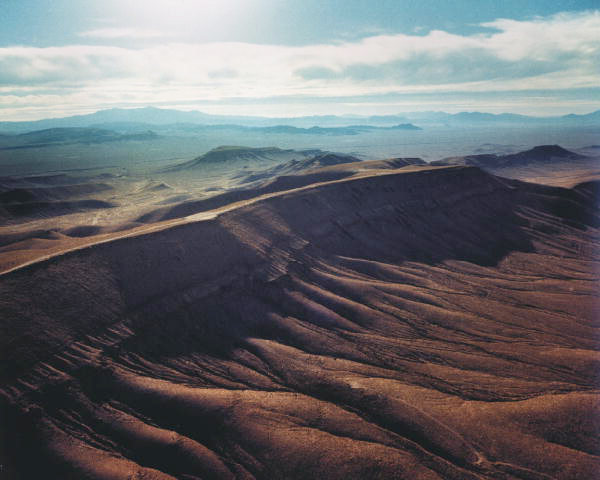dullturtle06
Active Member
honestly that organization has been dragging its feet for so long. The government should tell them to select a site or they clean house, because clearly they are milking the system at this point.
 implementationplan.nwmo.ca
implementationplan.nwmo.ca
so created in 2002 and will supposedly select the location in 2024 (12 years). Then 10 years of to get permits with construction starting in 2033. They did a good job make this into a secure lifer job. If they only put as much effort into actually doing it, canada would have full nuclear lifecycle capacity.
There is no permanent disposal site approved by regulatory authorities for Ontario's nuclear waste, all the current sites are at the plants and considered 'interim'.
**
This is the body charged with making a decision:

Home | NWMO
The Nuclear Waste Management Organization (NWMO) is responsible for designing and implementing Canada's plan for the safe, long-term management of used nuclear fuel.www.nwmo.ca
They have currently deferred a final decision for the upteenth time, now claiming they will announce a preferred site in fall '24
Planning timelines | Implementing Adaptive Phased Management 2023-27
so created in 2002 and will supposedly select the location in 2024 (12 years). Then 10 years of to get permits with construction starting in 2033. They did a good job make this into a secure lifer job. If they only put as much effort into actually doing it, canada would have full nuclear lifecycle capacity.
Last edited:







